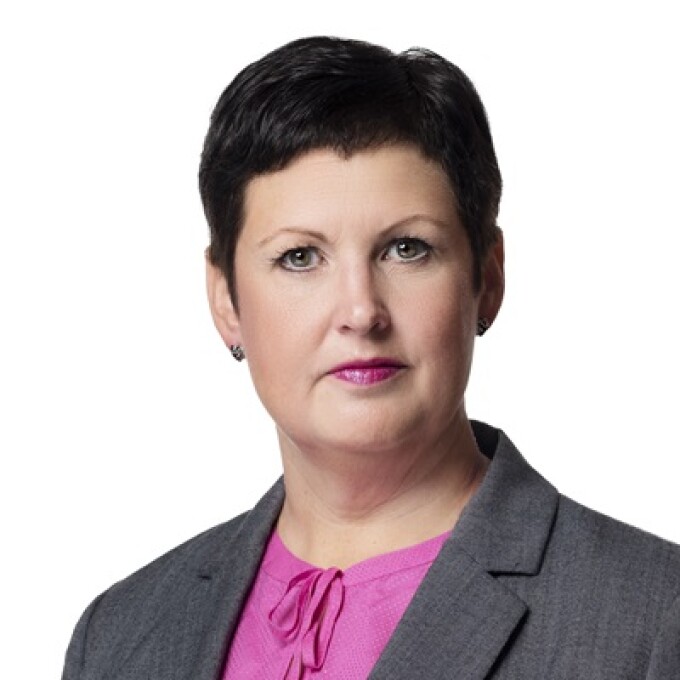Design rights are a powerful – but often overlooked – component of a well-rounded intellectual property portfolio. In an exclusive Managing IP podcast, Tomas Wässingbo, group designs director at the international full-service intellectual property firm Zacco, and Christina Wainikka, intellectual property policy expert at the Confederation of Swedish Enterprise, explain why companies should be paying closer attention to this form of protection. The need is heightened in light of the new EU Design Regulation and Directive, with several provisions having entered into force on May 1 2025.
The key themes discussed
The podcast explores the following areas, among others:
The main differences between design, patent, and trademark rights;
Debunking the myth that design rights are only applicable to certain industries;
The primary attributes of design rights, including strong protection, swift registration, and clear ownership;
Wide-ranging case law, from Vespa mopeds to rye bread; and
How to use design rights to help to future-proof your intellectual property portfolio.
Design rights: emerging from the shadows?
Despite their strength and versatility, design rights remain underused. As Wässingbo notes, “Maybe one can say that design is often in the shadow of patents, utility patents, and trademarks.”
Indeed, according to a January 2025 EUIPO report cited in the podcast, only 1% of SMEs and 10% of large companies in the EU own design rights, even though design right owners have 29.3% higher revenue per employee. A lack of awareness, fragmented responsibility across departments, and misconceptions about design protection have contributed to their underutilisation. “There is a lack of understanding of the benefits of design protection and also sometimes there is an obstacle in how [to] organise IP issues in different companies,” Wainikka says.
But change is afoot. The new EU legislative initiatives introduce several features that could heighten awareness. “[One] thing that is happening in Europe with the new design regime is that we will get this registered design symbol D with the ring around it, like the order for registered trademarks,” Wässingbo says. “That is something that everyone will see and hopefully that will lead to more understanding [that] there is a possibility to protect something with design rights like there is the possibility to protect the trademark.”
The outlook for design rights
Design rights appear poised to assume a bigger role, especially when considering factors such as gaming and mobile apps falling within their scope. Businesses with intellectual property portfolios should stay alert to the opportunities presented. As Wässingbo puts it: “We should all design the future.”
The speakers

Tomas Wässingbo
Group designs director, Zacco
Tomas started his career in intellectual property at the Swedish Patent Office over 20 years ago. Moving in-house to one of the world’s largest consumer electronics and multimedia organisations, he spent a decade responsible for leveraging its international patent value and cross-purpose commercial viability of intellectual property rights.
Joining Zacco in 2015, Tomas is now responsible for the group strategy and the direction of Zacco’s extensive design practice.

Christina Wainikka
Intellectual property policy expert, Confederation of Swedish Enterprise
Christina is a leading authority on intellectual property law and policy in Sweden, and a respected author of multiple books on the topics of designs, copyrights, trade secrets, and other forms of protecting innovation. She has previously served as a board member for associations in areas as diverse as law, information security, and anti-counterfeiting.
Christina now advocates on behalf of Swedish businesses on the global stage in her role as policy expert at Svenskt Näringsliv (the Confederation of Swedish Enterprise).
Other Zacco content
Further intellectual property resources are available on Zacco’s homepage on Managing IP, including the following:
Podcast: The grey market: how your brand could end up competing against itself
Podcast: Patent harvesting – build IP awareness and reap the fruits of innovation
Webinar: Domain Trust: why you should be aligning your domain, IP and OBP strategy
Webinar: Hybrid IP portfolio management: maximise efficiency/minimise costs










